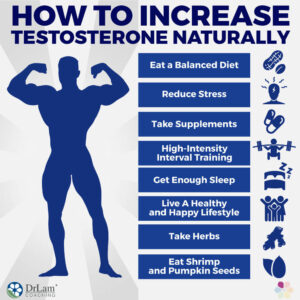Gaining muscle requires a combination of proper nutrition, regular strength training exercises, adequate rest and recovery, and consistency. Here are some key tips to help you in your muscle-building journey:
1. Calorie Surplus: To gain muscle, you need to consume more calories than your body burns. This creates a calorie surplus that provides the energy and nutrients necessary for muscle growth. Calculate your total daily energy expenditure (TDEE) and aim for a slight calorie surplus (generally around 250-500 calories above your maintenance level) to support muscle growth.
2. Balanced Nutrition: Focus on consuming a well-rounded diet that includes all macronutrients (protein, carbohydrates, and fats) and micronutrients (vitamins and minerals). Key points to consider:
– Protein: Adequate protein intake is crucial for muscle growth. Consume high-quality protein sources such as lean meats, poultry, fish, eggs, dairy products, legumes, and plant-based protein sources like tofu and tempeh.
– Carbohydrates: Carbs provide the energy needed for intense workouts. Include complex carbohydrates like whole grains, fruits, vegetables, and legumes in your diet.
– Fats: Healthy fats from sources like nuts, seeds, avocados, and olive oil are important for overall health and hormone production.
3. Resistance Training: Engage in regular strength training exercises that target major muscle groups. This can include weightlifting, bodyweight exercises, resistance band workouts, or using gym equipment. Focus on compound exercises like squats, deadlifts, bench presses, and rows, as they work multiple muscle groups simultaneously and stimulate overall muscle growth.
4. Progressive Overload: Gradually increase the demands placed on your muscles over time. This can be achieved by increasing the weight you lift, the number of repetitions, or the intensity of your workouts. Progressive overload stimulates muscle adaptation and growth.
5. Adequate Rest and Recovery: Muscles grow and repair during periods of rest. Allow for proper recovery by getting sufficient sleep (7-9 hours per night), taking rest days between workouts, and avoiding excessive training frequency or volume. Listen to your body and avoid overtraining.
6. Hydration: Stay adequately hydrated as water plays a vital role in numerous bodily functions, including muscle function and recovery.
7. Consistency: Building muscle takes time and dedication. Stay consistent with your nutrition, training, and recovery routines. Results may not be immediate, but with patience and persistence, you will see progress over time.
8. Consider Professional Guidance: If you’re new to strength training or want more personalized guidance, consider working with a certified personal trainer or strength and conditioning specialist. They can help you develop a customized workout plan and provide guidance on proper form and technique.
Remember, everyone’s body is different, and the rate of muscle gain can vary. It’s important to listen to your body, adjust your routine as needed, and be patient with the process. It’s also advisable to consult with a healthcare professional or registered dietitian for personalized advice based on your specific needs and goals.





